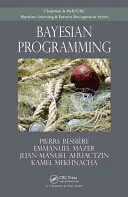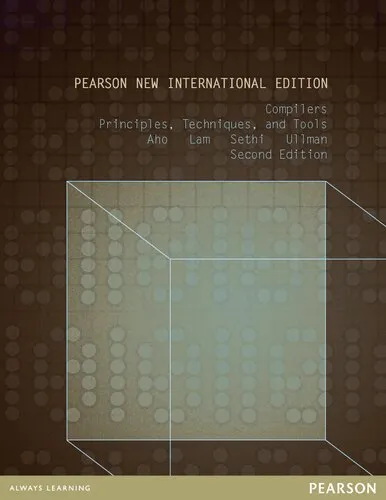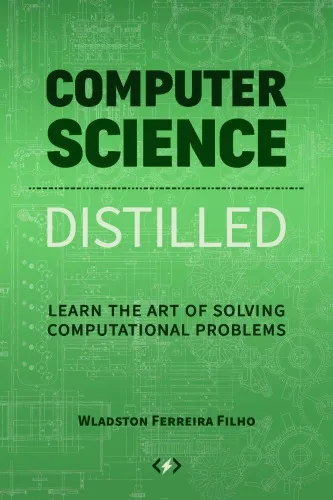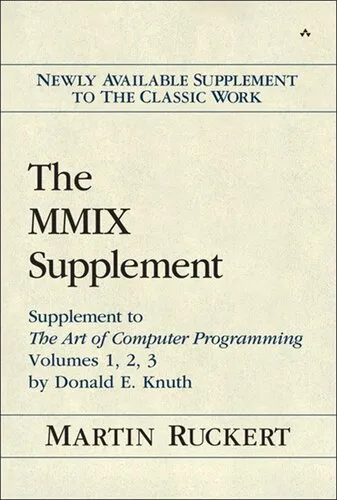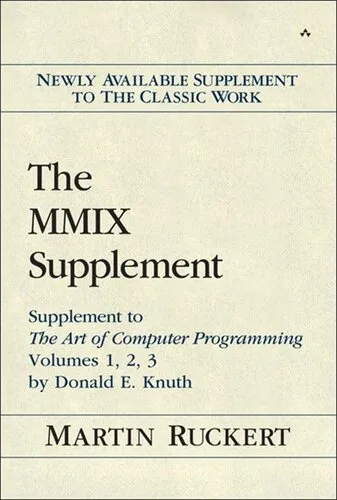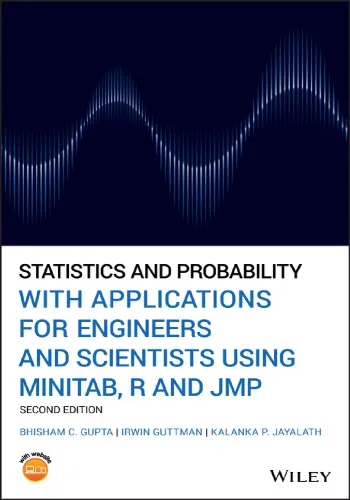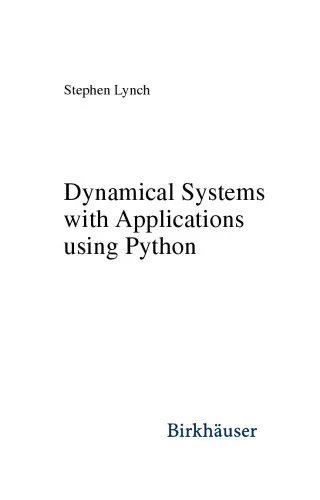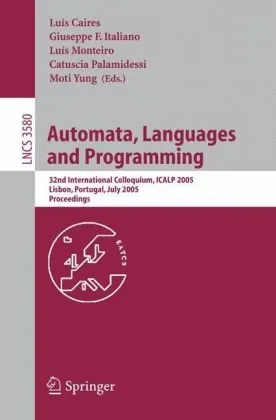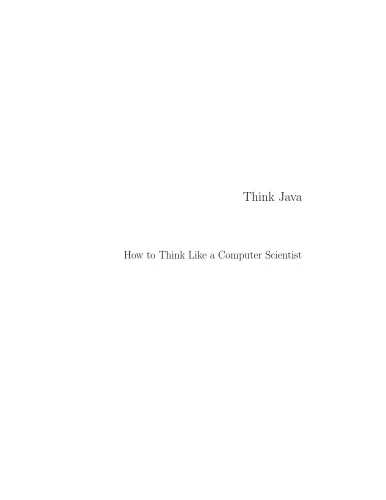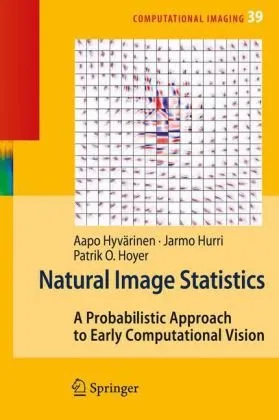Bayesian Programming (Python Examples)
4.3
Reviews from our users

You Can Ask your questions from this book's AI after Login
Each download or ask from book AI costs 2 points. To earn more free points, please visit the Points Guide Page and complete some valuable actions.Related Refrences:
Introduction
Welcome to Bayesian Programming (Python Examples), a comprehensive guide to mastering the powerful methodology of Bayesian reasoning and its application in real-world computational problems. This book is crafted for data scientists, machine learning practitioners, and enthusiasts who aim to extend their understanding of probabilistic programming using Python. Bayesian reasoning offers a robust framework for making decisions and predictions under uncertainty, and this book serves as your definitive toolkit to explore its vast potential.
Within this book, readers will uncover the theoretical foundations of Bayesian inference as well as practical guidance for implementing it in Python programs. The examples are methodically structured to teach you how to model uncertainty, fuse multiple sources of information, and build adaptive systems. Unlike traditional approaches, Bayesian programming elegantly integrates evidence, hypotheses, and probabilistic models, making it a perfect fit for tackling complex problems in AI, robotics, natural language processing, computer vision, and beyond.
Detailed Summary of the Book
Bayesian Programming (Python Examples) is divided into approachable sections that progressively deepen your understanding of Bayesian inference. The book begins by demystifying the theory of Bayesian reasoning and the critical concepts of probability distributions, prior knowledge, likelihood, and posterior belief updates. As the narrative unfolds, it introduces Bayesian networks, hierarchical models, and Monte Carlo methods.
Moving beyond theory, the book incorporates a wide range of Python examples that bridge the gap between conceptual understanding and practical application. Using libraries like NumPy, Matplotlib, and Pyro, readers will learn to build models for tasks such as classification, prediction, anomaly detection, and decision-making under uncertainty. Each chapter not only demonstrates step-by-step coding but also contextualizes the importance of Bayesian approaches in modern machine learning.
By the end of the book, you'll be equipped to create your own Bayesian programs, interpret results effectively, and apply your knowledge to areas such as robotics, financial modeling, healthcare analytics, and autonomous systems. The combination of technical rigor and hands-on programming ensures that this book appeals to both beginners looking to establish a solid foundation and advanced practitioners seeking cutting-edge tools.
Key Takeaways
- Gain an intuitive understanding of Bayesian reasoning and probability theory.
- Learn to model uncertainty and update beliefs through the Bayesian framework.
- Master practical Bayesian techniques using Python libraries such as NumPy and Pyro.
- Explore methodologies for tasks like inference, classification, prediction, and decision-making.
- Understand how Bayesian methods apply to modern domains like AI, healthcare, and robotics.
- Build scalable and interpretable probabilistic models with real-world datasets.
Famous Quotes from the Book
"Bayesian reasoning is the art of balancing evidence and uncertainty through mathematical elegance, driving decisions that are both rational and adaptable."
"In a world filled with uncertainty, embracing Bayesian thinking does not merely improve our predictions — it transforms the way we perceive the problem itself."
"The true power of Bayesian programming lies not in its complexity, but in its simplicity: combining prior knowledge, observations, and logic into a unified probabilistic framework."
Why This Book Matters
In the era of data-driven decision-making, understanding uncertainty is more crucial than ever. Traditional algorithms often fall short in environments where data is incomplete, noisy, or dynamic. This is where Bayesian reasoning shines, providing a structured way to incorporate prior knowledge, adapt to new evidence, and make informed predictions in unstructured contexts.
Bayesian Programming (Python Examples) holds significance by making this advanced methodology accessible to practitioners at all levels. It breaks down abstract concepts through detailed explanations, visualizations, and hands-on Python examples, ensuring readers not only grasp the "how" but also the "why" behind Bayesian methods. The book empowers you to approach uncertainty with confidence, making it a vital resource for academics, developers, and industry professionals alike.
With the increasing relevance of Bayesian models in fields like autonomous technology, recommendation systems, and predictive analytics, this book serves as a foundational guide for those seeking to stay at the forefront of computational problem-solving. Its blend of theory, programming, and application is indispensable for anyone aiming to combine academic rigor with practical expertise in Bayesian programming.
Free Direct Download
You Can Download this book after Login
Accessing books through legal platforms and public libraries not only supports the rights of authors and publishers but also contributes to the sustainability of reading culture. Before downloading, please take a moment to consider these options.
Find this book on other platforms:
WorldCat helps you find books in libraries worldwide.
See ratings, reviews, and discussions on Goodreads.
Find and buy rare or used books on AbeBooks.
1256
بازدید4.3
امتیاز0
نظر98%
رضایتReviews:
4.3
Based on 0 users review
Questions & Answers
Ask questions about this book or help others by answering
No questions yet. Be the first to ask!
